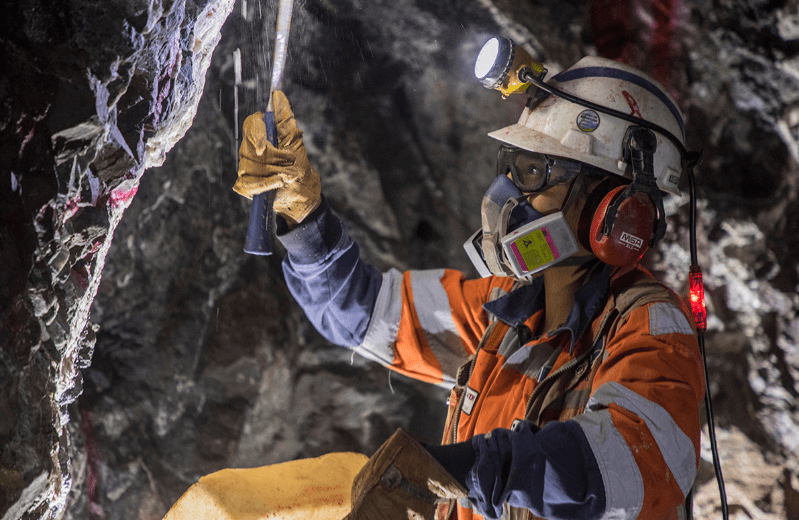The mining sector (except oil and gas) in Mexico attracted 344 million dollars of Foreign Direct Investment (FDI) in 2020.
Among the main sectors of the Mexican economy is mining, in addition to oil and petrochemicals, tourism, agriculture, transportation and communications, construction, and electricity.
As a way of measuring the data, Mexico has registered FDI arrivals in the sector for 618 million dollars annually in the last five years (from 2016 to 2020).
However, last year’s figure could be increased with statistical updates.
The amounts reported only consider investments made and formally notified to the National Registry of Foreign Investments of the Ministry of Economy; hence its preliminary character and that which is updated in successive quarters.
In particular, the data for 2020 is made up of:
- Coal mining ($ 2 million).
- Metallic Minerals ($ 329 million).
- Non-metallic minerals ($ 13 million).
Mexico has a substantial and varied variety of mineral resources and is one of the world’s leading producers of silver, bismuth, antimony, fluorite, graphite, barite, molybdenum, lead, and zinc.
Mining
In accordance with the Constitution and applicable Mexican laws, mining activities can only be carried out by the Government or, alternatively, by Mexican natural or legal persons, if they are granted a government concession.
Foreign investment, including controlling interests, in Mexican mining companies is permitted under Mexican law, with the exception of any extraction of radioactive minerals.
Foreign investment regulations allow foreign investors to have a majority stake in any Mexican company engaged in mining activities during the concession period.
These foreign investment regulations promote the development of the industry, since they allow:
- A broader exploration.
- The discovery of new sources of financing.
- Further development of national technology. Under the Mexican Mining Law, private companies receive concessions to explore for up to six years and to exploit for up to fifty years.
![]()

